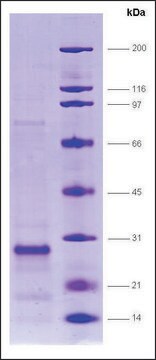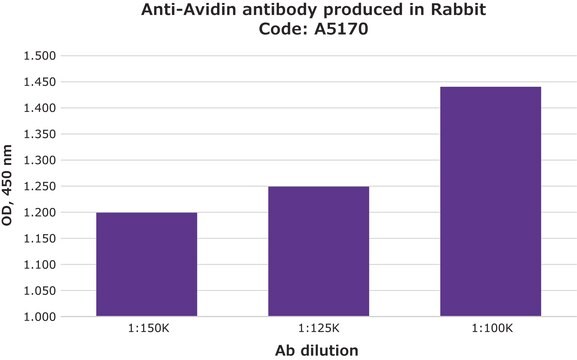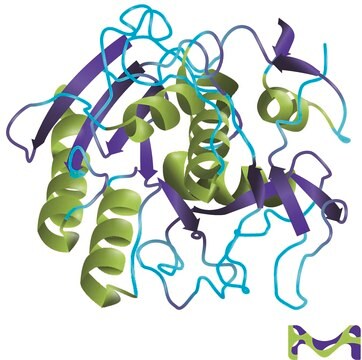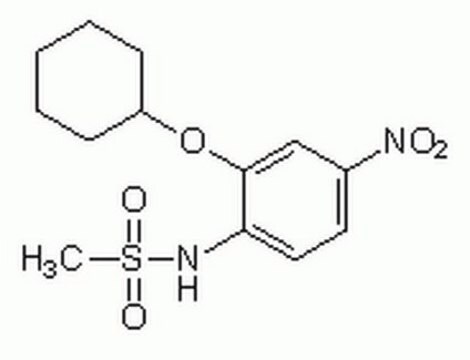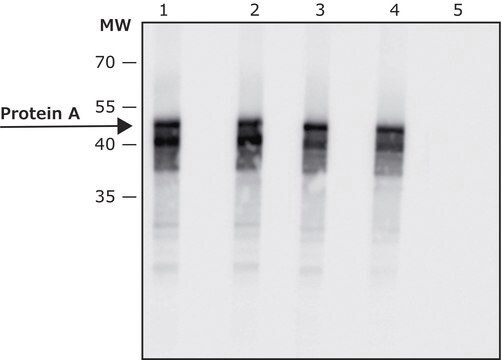B9655
Anti-Avidin antibody, Mouse monoclonal, biotin conjugate
clone WC19.10, purified from hybridoma cell culture
Synonym(e):
Monoclonal Anti-Avidin
About This Item
Empfohlene Produkte
Biologische Quelle
mouse
Qualitätsniveau
Konjugat
biotin conjugate
Antikörperform
purified immunoglobulin
Antikörper-Produkttyp
primary antibodies
Klon
WC19.10, monoclonal
Form
buffered aqueous solution
Methode(n)
direct ELISA: suitable
dot blot: suitable
immunohistochemistry (formalin-fixed, paraffin-embedded sections): suitable
Isotyp
IgG1
Versandbedingung
dry ice
Lagertemp.
−20°C
Posttranslationale Modifikation Target
unmodified
Suchen Sie nach ähnlichen Produkten? Aufrufen Leitfaden zum Produktvergleich
Allgemeine Beschreibung
Immunogen
Anwendung
Biochem./physiol. Wirkung
Physikalische Form
Haftungsausschluss
Sie haben nicht das passende Produkt gefunden?
Probieren Sie unser Produkt-Auswahlhilfe. aus.
Lagerklassenschlüssel
10 - Combustible liquids
WGK
nwg
Flammpunkt (°F)
Not applicable
Flammpunkt (°C)
Not applicable
Hier finden Sie alle aktuellen Versionen:
Besitzen Sie dieses Produkt bereits?
In der Dokumentenbibliothek finden Sie die Dokumentation zu den Produkten, die Sie kürzlich erworben haben.
Unser Team von Wissenschaftlern verfügt über Erfahrung in allen Forschungsbereichen einschließlich Life Science, Materialwissenschaften, chemischer Synthese, Chromatographie, Analytik und vielen mehr..
Setzen Sie sich mit dem technischen Dienst in Verbindung.
